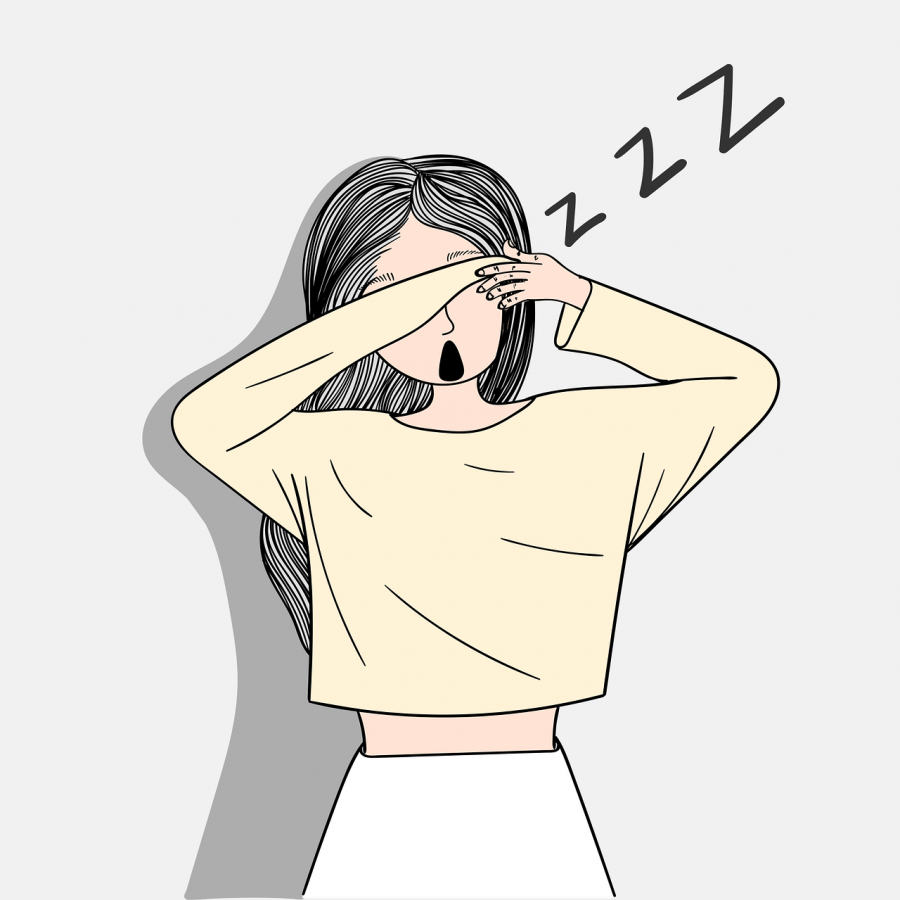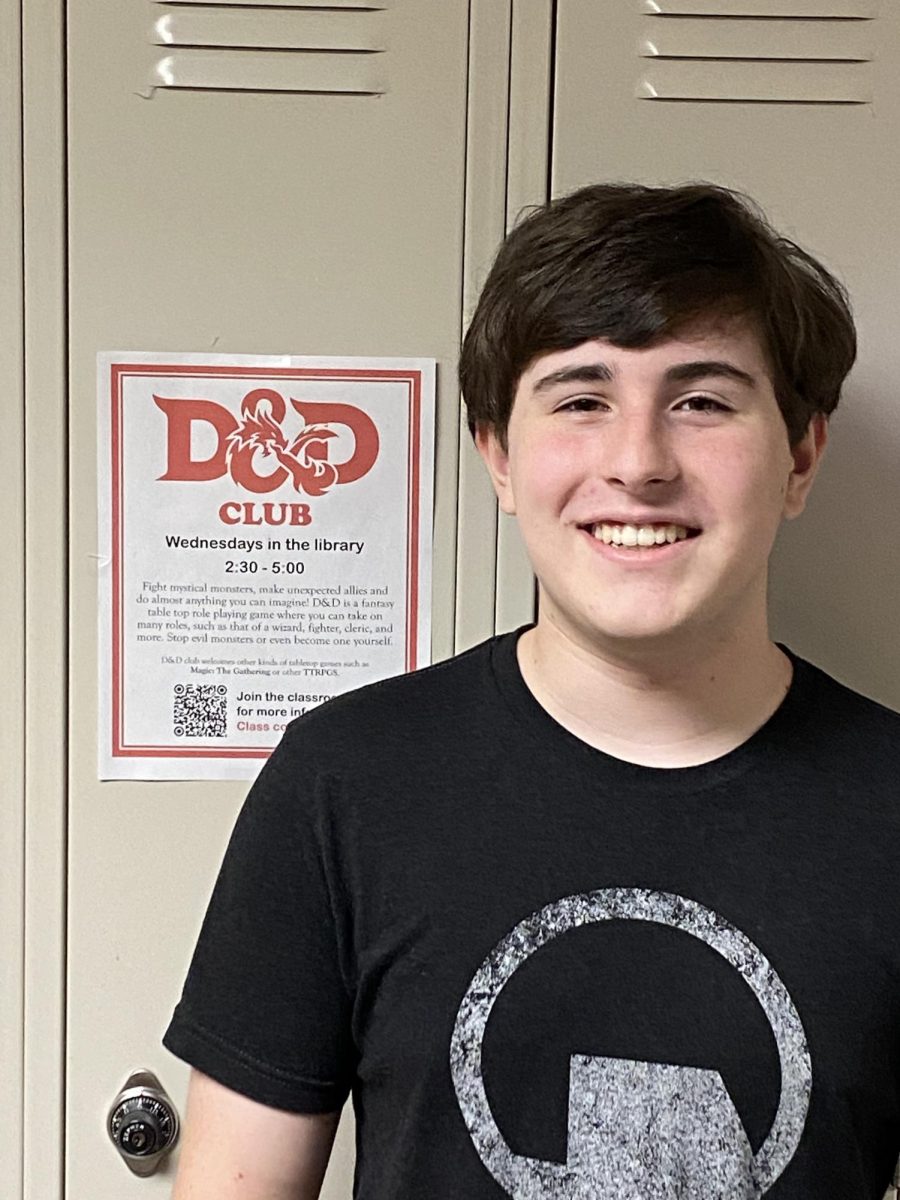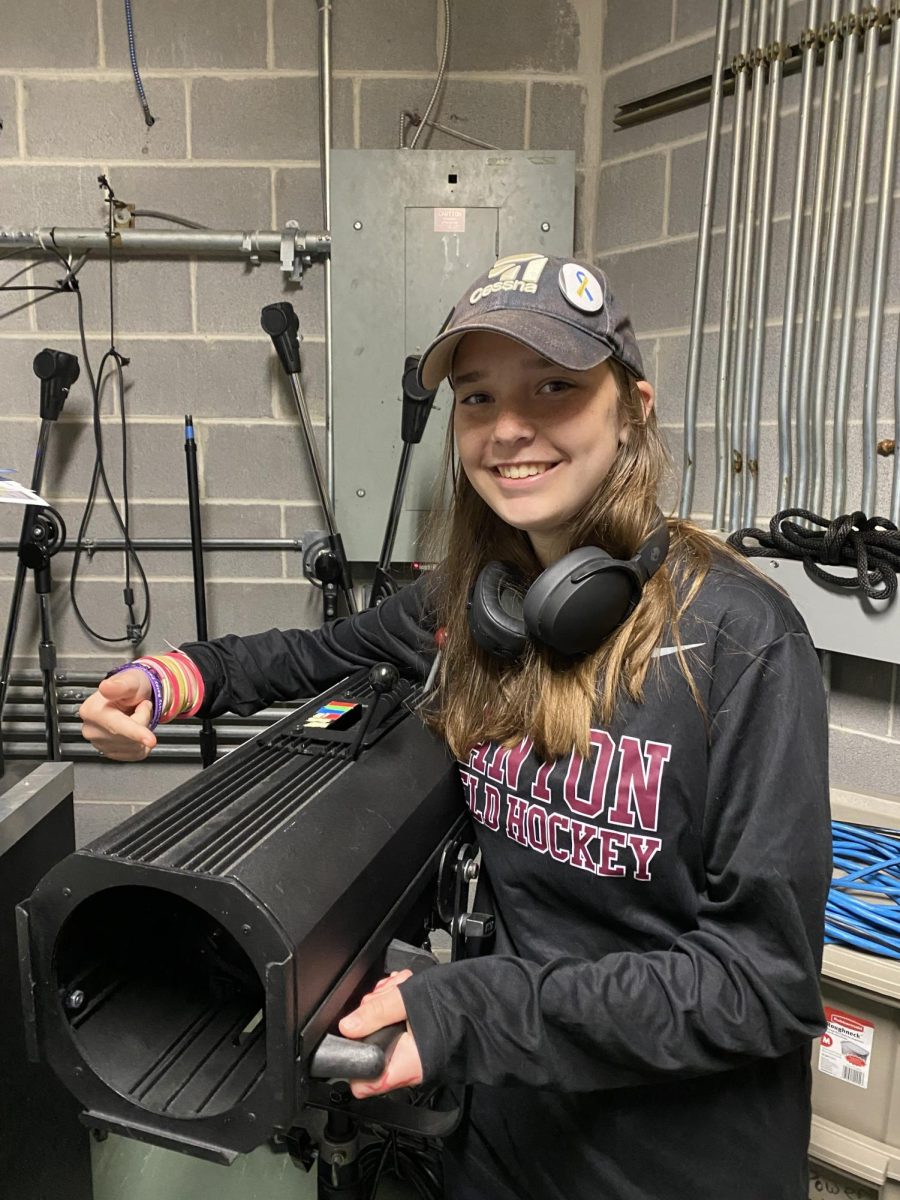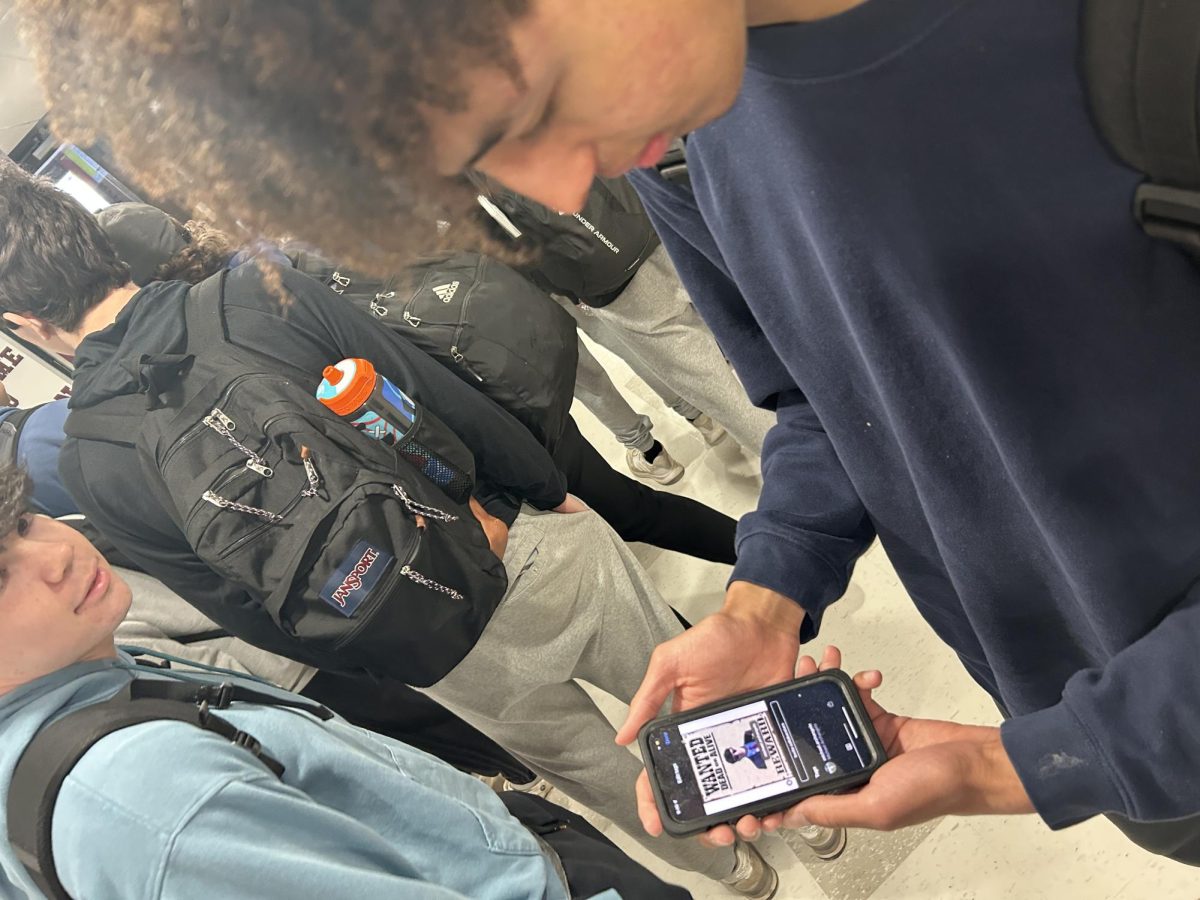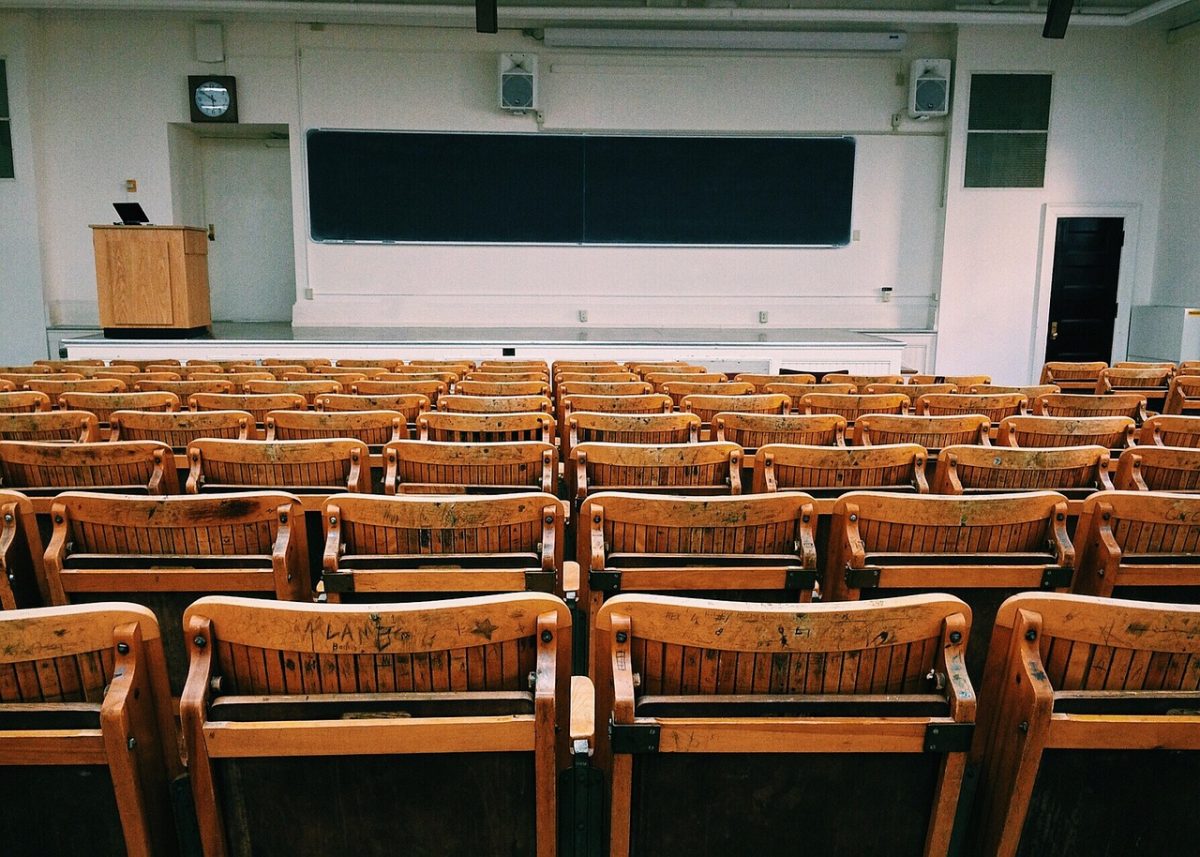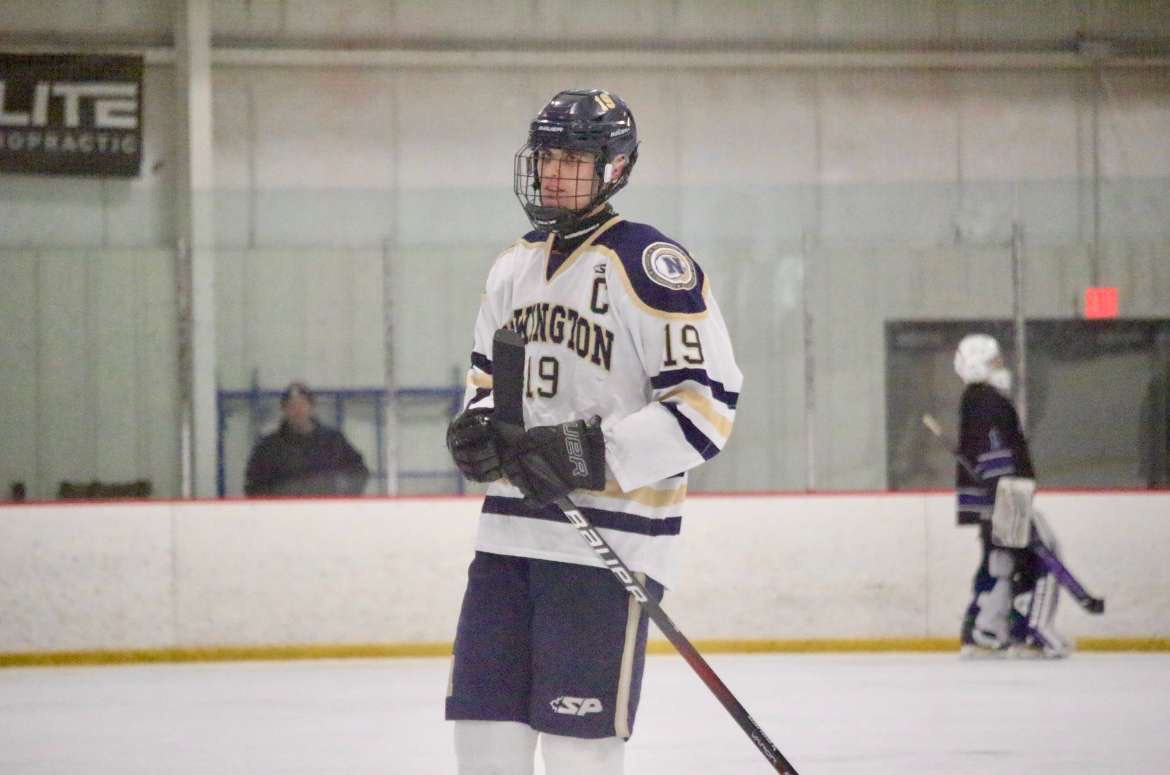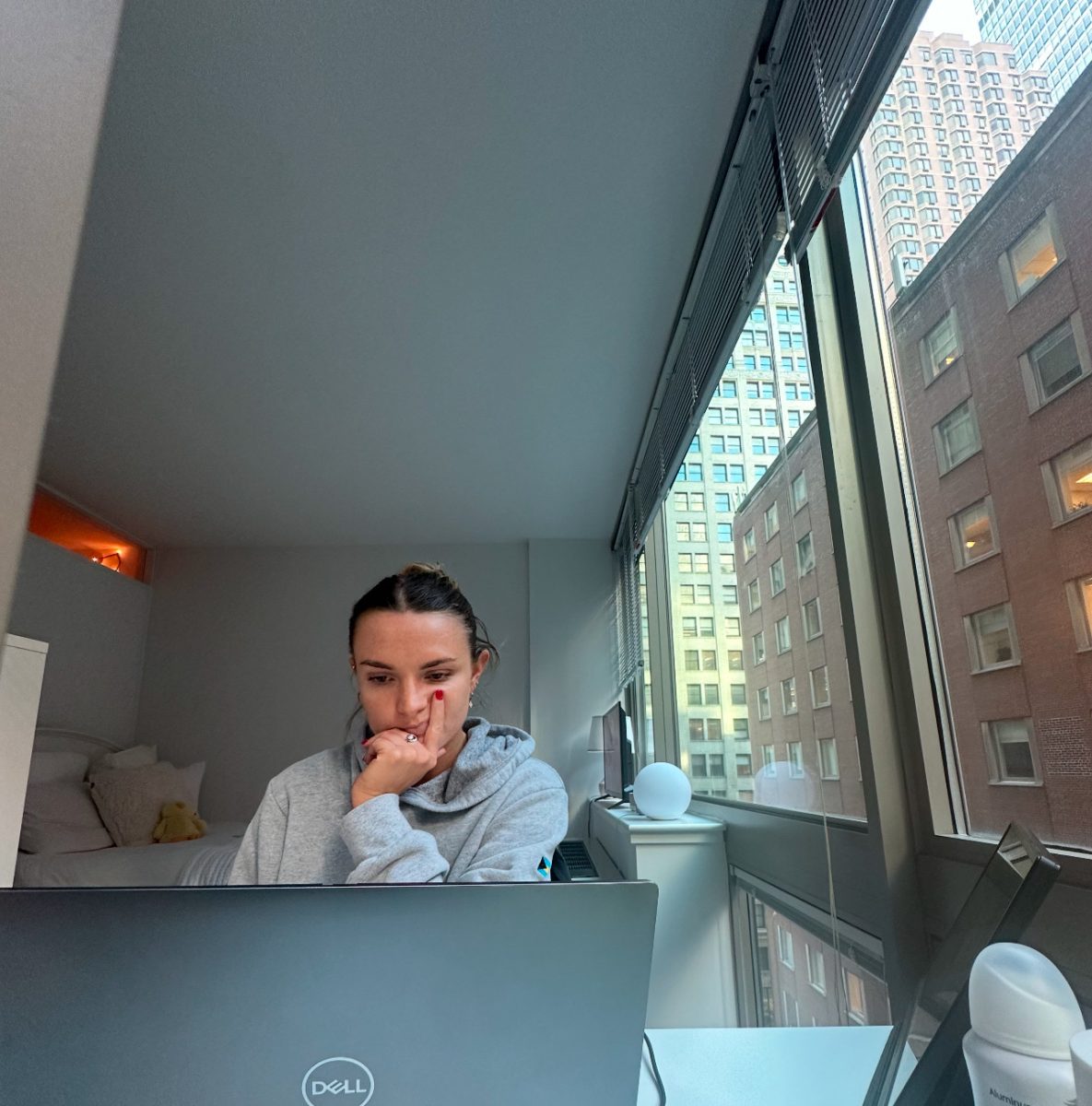Seniors at Canton High School are too busy for sleep
January 4, 2021
Beep. Beep. Beep.
Shelby Raymond turns off her alarm and rolls over. After a measly five hours of sleep, the temptation to go back to sleep is strong. A few minutes later, though, Raymond gets up and gets ready for school, putting on clothes, brushing her teeth, grabbing a mini bagel for breakfast.
When Raymond arrives at school, it’s only 7:30 in the morning. She yawns. Throughout the day, she struggles to pay attention to her teachers, fighting to stay awake, and avoids socializing. When she gets home, she starts working on homework, which usually takes her two or more hours a night. Raymond often has to choose between getting more sleep and socializing or relaxing during the week. When she gets into bed, after a long evening of assignments and a Board of Education meeting, it’s just past midnight. Raymond falls asleep quickly, exhausted from the day, but she is only able to snag around five or six hours of sleep before she has to wake up and repeat the cycle.
Most high school students do not get enough sleep. According to the CDC, teenagers should get between eight to ten hours of sleep every night. However, according to a CDC survey, about seven out of every ten teenagers regularly get less than eight hours of sleep on school nights.
The pressure to take harder classes with more homework, participate in many different extracurriculars, get a job, and get into a good college all contribute to high schoolers not getting enough sleep. But sacrificing sleep tends to do more harm than good, physically, mentally, and socially.
Sleep deprivation increases the risk for diabetes, obesity, heart disease, heart attack, heart failure, irregular heartbeat, high blood pressure, and stroke. In addition, not getting enough sleep increases risk of driving accidents due to slower reaction time and impaired decision-making skills. Sleep loss also impairs attention and memory, contributes to mental health issues such as depression and anxiety, and is a major factor in suicidal thoughts and suicide.
At Canton High School, senior Katelynn Horvath gets around six to seven hours of sleep most nights. She takes mainly AP courses, is involved in lots of extracurriculars, including various Honors Societies and sports. Horvath also works at her job on the weekends. “Some days I do feel especially tired,” Horvath said, “and it does have a significant effect on my decision making and focus.”
Another senior at Canton High School, Yu Xuan Lin, reported that she gets around six hours of sleep. She also takes mainly AP classes and is involved in many clubs at CHS. Similarly to Horvath, Lin finds it hard to function when she is sleep deprived.
Like most high school students in the US, Raymond does not get enough sleep during the week for various reasons. Between homework, extracurriculars, college applications, and stress, Raymond has a hard time getting even 6 hours of sleep, much less eight to ten hours. Raymond explained that she often has to choose between socializing with friends and family and finding time to have fun or getting more sleep.
“[W]hen I don’t get enough sleep, a decent portion of my energy goes into physically keeping myself awake, making myself look alert,” Raymond said. “Which is energy that could be spent learning, or having fun, or trying to enjoy the day.”
